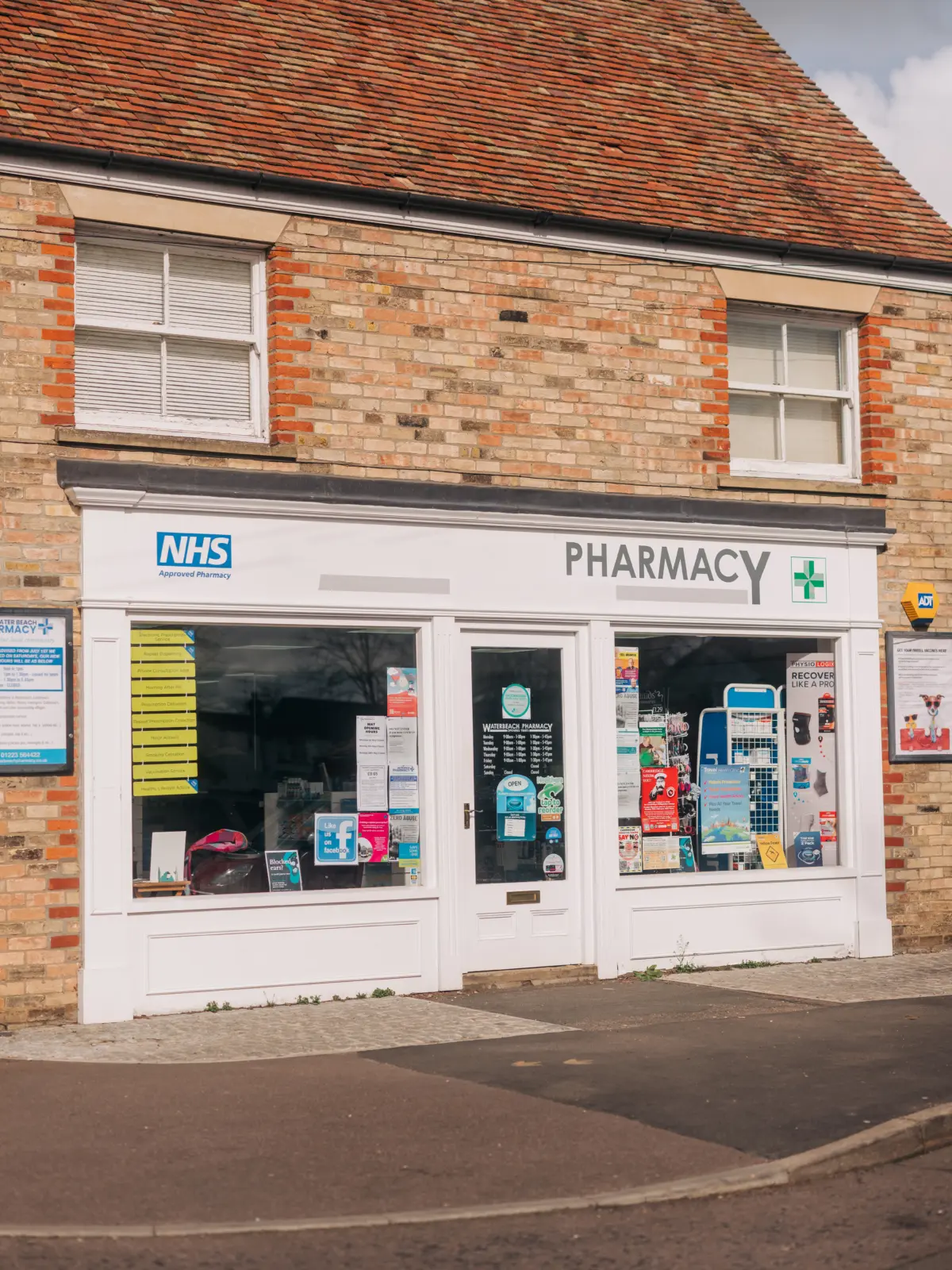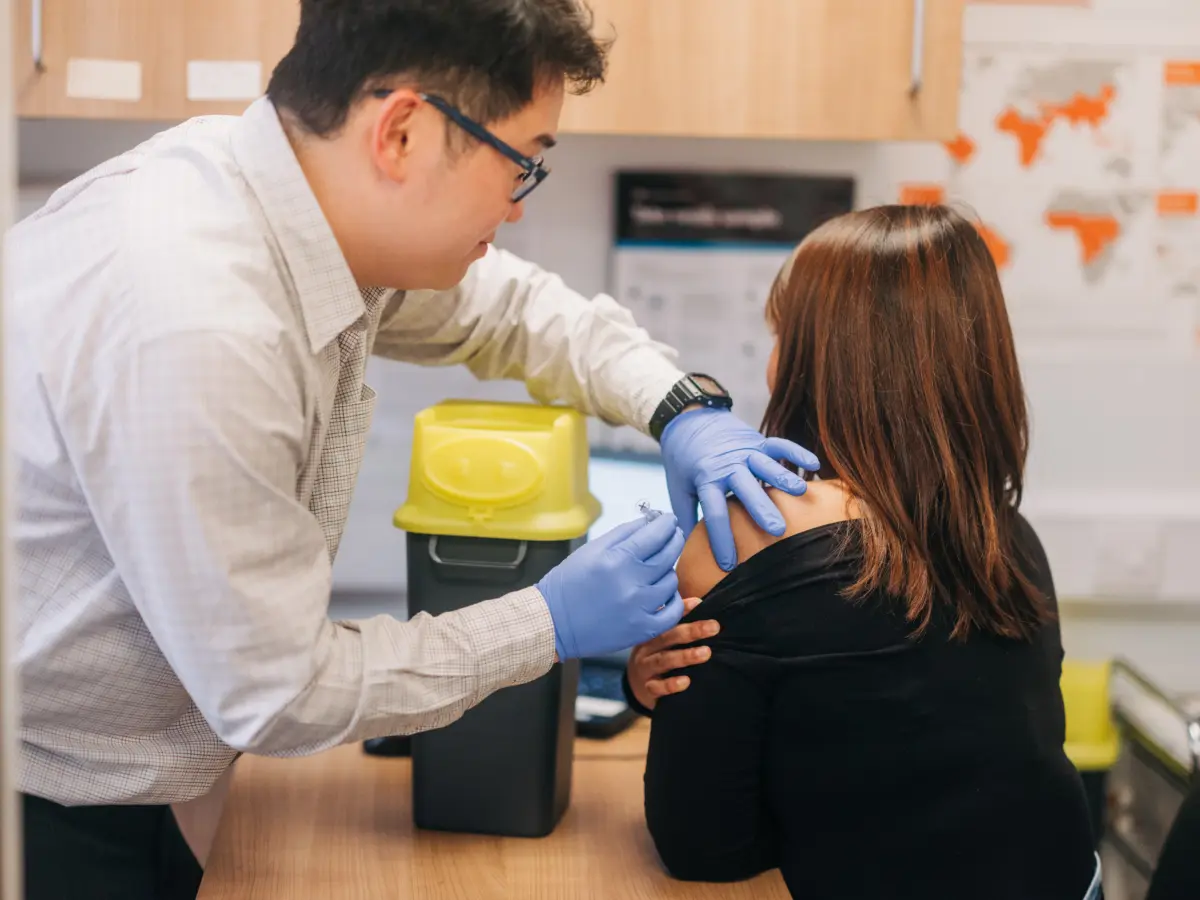CPCS – Resources for pharmacy teams
Published on: 30th October 2020 | Updated on: 1st August 2023
This page contains links to a range of support materials to support contractors and their teams with the provision of the CPCS.
Resources within the service specification and toolkit
The CPCS service specification contains three forms within its annexes; standalone versions of these forms can be downloaded via the links below:
Annex A – Notification of an emergency supply to patient’s general practice (PDF)
Annex A – Notification of an emergency supply to patient’s general practice (Microsoft Word)
Annex B – Notification of low acuity/minor illness consultation to patient’s general practice (PDF)
Annex C – Key contact details form (PDF)
Annex C – Key contact details form (Microsoft Word)
Standalone versions of some of the resources in the CPCS toolkit for pharmacy staff are available via the links below:
Standalone version of CPCS Implementation Checklist (Appendix B) (Microsoft Word)
Standalone version of CPCS Implementation Checklist (Appendix B) (PDF)
Standalone version of the CPCS One-pager summary (Appendix A) (Microsoft Word)
Template Standard Operating Procedure
Pharmacy contractors providing the CPCS must have a Standard Operating Procedure (SOP) in place for the service. A template SOP has been written by members of the Urgent Care Delivery and Implementation Group. Contractors can amend and adopt this SOP for use in their pharmacy if they wish.
Template Standard Operating Procedure (version 2 31/12/20) (Microsoft Word)
In addition, below is a template that can be used with the above to provide a summary of which local General Practices are referring to the CPCS and which other local pharmacies are providing the CPCS, along with their contact details:
GP referrals to CPCS – Summary details for local PCN area (Word)
GP referrals to CPCS – Summary details for local PCN area (PDF)
Other learning and development resources
The Centre for Pharmacy Postgraduate Education (CPPE) has a range of training resources which can be used by pharmacists to prepare to provide the CPCS, including a self-assessment framework which helps you to identify gaps in your knowledge. It is recommended that pharmacists use this framework to plan their learning ahead of providing the service.
Further information is available on the CPPE website.
Clinical examination skills training
A new NHS-funded training course is available for 10,000 community pharmacists on clinical examination skills.
The training will be delivered online, with optional face-to-face attendance for pharmacists who would find this beneficial.
Pharmacists will be required to complete a module on history taking and identification of serious conditions and can then choose from four optional modules, which cover the following themes: dermatology; cardiology; paediatrics; and ear, nose and throat.
The training is designed to be complementary to the independent prescribing training and can be completed prior to or after an independent prescribing training course. It is open to all community pharmacists including those that work part time and locums.
More information is available on the NHS England Community Pharmacy Training Page.
CPCS webinar and NHS 111 animation
In mid-September 2019, Community Pharmacy England and NHS England held a joint webinar for pharmacy teams and others interested in learning more about the service and how to implement it; nearly 500 people tuned in on the night and 98% of people responding to the feedback survey found it useful.
If you missed the webinar, you can watch the on-demand version.
NHS England’s national Directory of Services team have created the following short animation on the CPCS. It has been developed as part of the training for NHS 111 call advisers, but it is also an excellent way to introduce pharmacy team members to the service.
Information for patients
The service specification requires that the CPCS is not actively promoted to patients by contractors or the NHS. However, the use of community pharmacy as the first port of call for advice on the management of minor illness will continue to be promoted by the NHS Help Us Help You Pharmacy Advice campaign.
During consultations for minor illness, pharmacists may provide the patient with printed information about their condition or recommended treatment or direct them to a website containing this information. The NHS website (NHS.UK) provides high quality information on a wide range of conditions and commonly used medicines:
For more information on this topic please email services.team@cpe.org.uk










